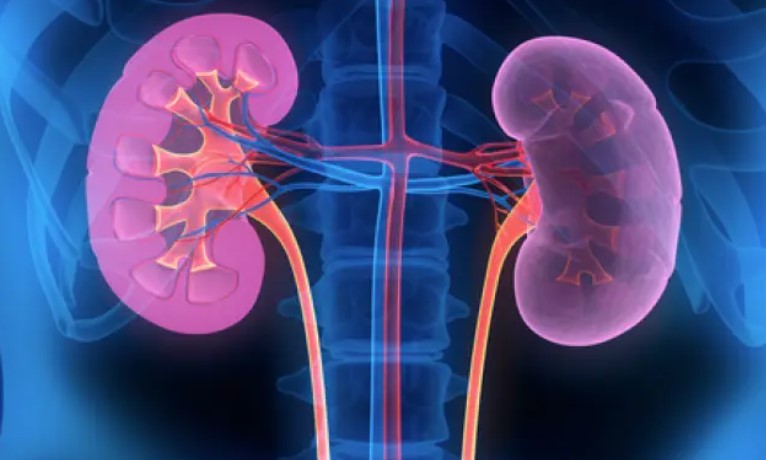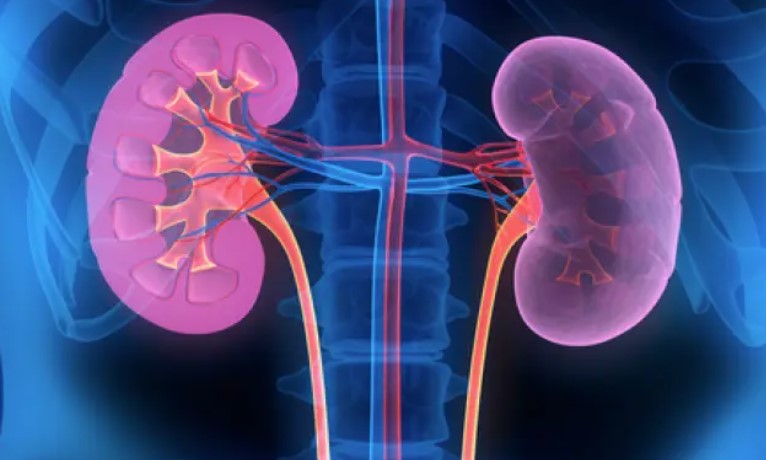REMODEL-T1D
Investigators




WHAT IS THE remodel-tid STUDY?
The Randomized trial of semaglutide for diabetic kidney disease in type 1 diabetes (REMODEL-T1D) aim to test whether the GLP-1 receptor agonist semaglutide has beneficial kidney effects for people with type 1 diabetes (T1D). About a third of people with T1D get kidney disease. Other than good blood glucose control, few options are currently available to help prevent or treat kidney disease in this population. Semagutide has been shown to have beneficial kidney effects in type 2 diabetes. REMODEL-T1D is a rigorous randomized controlled trial that hopes to show whether similar effects can be expected in T1D. REMODEL-T1D is a multisite clinical trial being conducted at three sites in the US (including the University of Washington) and one in Canada.
WHAT ARE THE GOALS OF THE STUDY?
- To determine the effects of semaglutide on kidney oxygenation in T1D
- To determine the effects of semaglutide on albuminuria and glomerular filtration rate in T1D
- To determine the glycemic effects and safety of semaglutide in T1D
WHO CAN JOIN THE STUDY?
Participants must have T1D, albuminuria (urine albumin-creatinine ratio ≥30 mg/g), and an estimated glomerular filtration rate (eGFR) ≥30 mL/min/1.73m2. People treated with dialysis or kidney transplant are not eligible. Other eligibility criteria are assessed at screening.
WHAT DO I DO ONCE I’VE ENROLLED?
- After a 2-8 week run-in period, the study lasts 30 weeks
- Kidney MRI at the beginning and end (and the middle for the first 20 participants)
- Retina (eye) exams at the beginning and end, if not already done for clinical care
- Blood and urine samples
- Once-weekly subcutaneous injection of semaglutide or placebo, at home. Two-thirds of participants will receive semaglutide, and one-third will receive a placebo. Participants and investigators will not be told which.
WHO DO I CONTACT FOR MORE INFORMATION?
Clinical Research Coordinators
PUBLICATIONS





